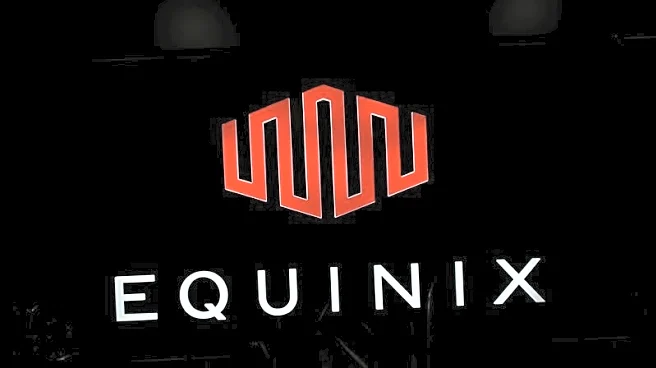What's Happening?
A recent survey conducted by Primerica reveals that 69% of middle-income Americans are struggling to keep up with the rising cost of living. This comes at a time when major banks are reporting significant
profit increases. The survey highlights the growing financial strain on middle-income households, who are finding it increasingly difficult to manage expenses as inflation and other economic pressures mount. The disparity between the financial health of large banking institutions and the economic challenges faced by average Americans underscores a widening economic gap.
Why It's Important?
The findings of the Primerica survey are significant as they highlight a critical economic issue affecting a large segment of the U.S. population. As banks continue to report soaring profits, the financial struggles of middle-income Americans could lead to broader economic implications, including reduced consumer spending and increased debt levels. This economic divide may also influence public policy discussions and political debates, as policymakers grapple with addressing income inequality and ensuring economic stability for all citizens. The situation presents a challenge for both the government and financial institutions to find solutions that support economic growth while addressing the needs of struggling households.
What's Next?
The ongoing economic challenges faced by middle-income Americans may prompt calls for policy interventions aimed at reducing income inequality and supporting household financial stability. Potential measures could include tax reforms, increased access to affordable housing, and initiatives to boost wages. Additionally, financial institutions may face pressure to contribute to solutions that address the economic disparities highlighted by the survey. As the situation evolves, stakeholders across the political and economic spectrum will likely engage in discussions to find effective strategies to support middle-income families and ensure a more equitable economic landscape.











